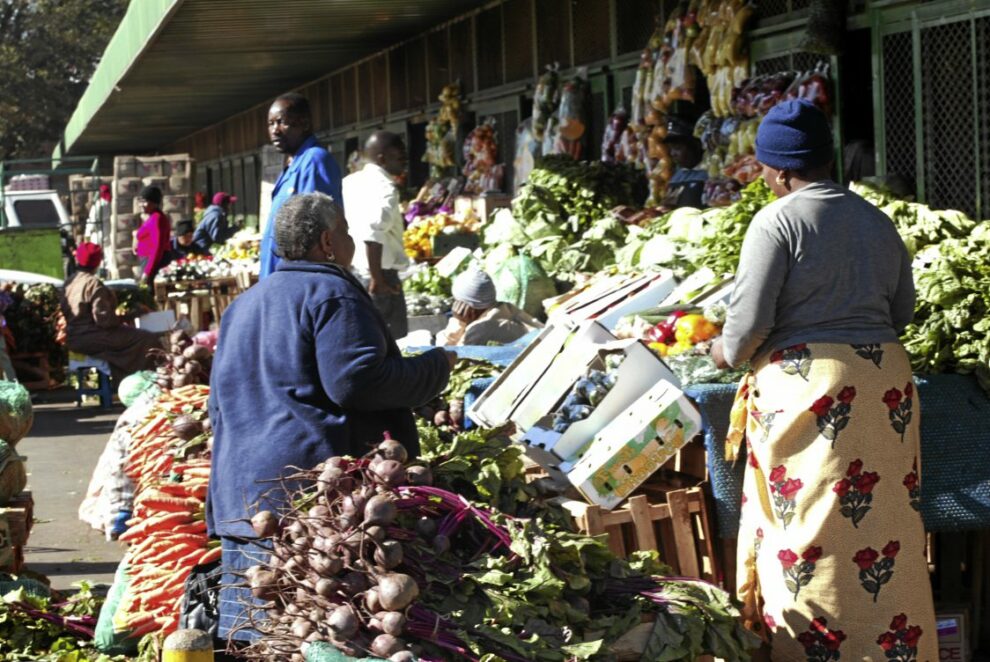Competition regulators in African jurisdictions are becoming increasingly interested in using market inquiries as a tool to address perceived competition problems in markets, rather than proceeding with the more lengthy and arduous complaint process.
South Africa is one example of this. It has had this tool in its arsenal for some time. Although there were no market inquiry provisions when the South African Competition Act first came into force, in 2006 the Competition Commission (CCSA) used other provisions to launch an inquiry into the banking industry. The process relied on voluntary compliance, and in 2013 the law was amended to specifically allow market inquiries, after which a number of market inquiries were conducted (into private healthcare, liquid petroleum gas and grocery retail amongst others). In 2019 the legislation was further amended to give the CCSA even more teeth. Since then, the CCSA has investigated Online Intermediation Platforms (OIPMI), and is in the process of finalising the inquiry into fresh produce. Another market inquiry into media and digital platforms is also nearing its end.
The CCSA considers that this process is more valuable in identifying and remedying problematic conduct than the more time-consuming enforcement investigations. It is therefore unsurprising that more market inquiries are in the pipeline (into steel, polymers and poultry). However, challenges are rearing their head. Although until now market participants have cooperated with the CCSA in relation to previous market inquiries, several market participants having launched appeals or reviews in relation to the findings of the OIPMI. If the process becomes more confrontational and litigious, the CCSA may find market inquiries to be less advantageous and efficacious in future.
Kenya too has the power to conduct an inquiry or sectoral study, and the Competition Authority of Kenya has, like the CCSA, been active in this regard. It has conducted inquiries into various sectors, including ones investigated in South Africa. It has also focused on financial matters, looking at the banking sector, as well as digital lenders and the digital credit market, and mobile money. Like South Africa, they have also looked into the retail market, and similar to the OIPMI conducted by the CCSA, they have looked into online food and groceries delivery platforms (although this was by way of a market study rather than an inquiry).
Botswana’s Competition and Consumer Authority (CCA) also has the power to conduct market inquiries. It has conducted a study into LPG and has also looked into the retail and wholesale sectors. However, it has narrower powers than its South African counterpart and is taking a less aggressive stance.
Zambia’s legislation also makes provision for the Competition and Consumer Protection Commission (CCPC) to initiate market inquiries. Using these provisions the CCPC has conducted investigations into dairy products, towing services and the pay television services market. It has also begun an investigation into the commercial poultry industry. Other countries such as Namibia are looking to amend their legislation to include provision for market inquiries.
African countries also appear to be looking to collaborate on investigations into sectors considered problematic. For example, in 2023 regulators from Nigeria, South Africa, Zambia, Mauritius, Kenya, Egypt, Morocco, and The Gambia set up a working group to collaborate on competition issues in digital markets. COMESA (Common Market of Eastern and Southern Africa) is also part of this working group.
The COMESA Competition Commission (CCC) is also seeking to investigate markets through the use of market inquiries. Until now the CCC has had no formal powers to conduct market inquiries, but has conducted studies, such as its study in 2024 into fertiliser markets in East and Southern Africa. Similar to South Africa, the CCC wishes to clarify its powers through introducing new competition and consumer regulations. The draft regulations that were issued earlier this year include specific provisions relating to the conduct of market inquiries. While these will confer quite extensive powers on the CCC, it has expressed the intention to use these powers sparingly.
It can be seen that the use of market inquiries by competition regulators on the continent is increasing. Market inquiries can be an effective tool for regulators, but depending on the way they are conducted, they can be very invasive, time-consuming and expensive for market participants caught up in these inquiries. It is to be hoped that regulators will use them judiciously to achieve pro-competitive outcomes without costly and protracted confrontation with market participants.









